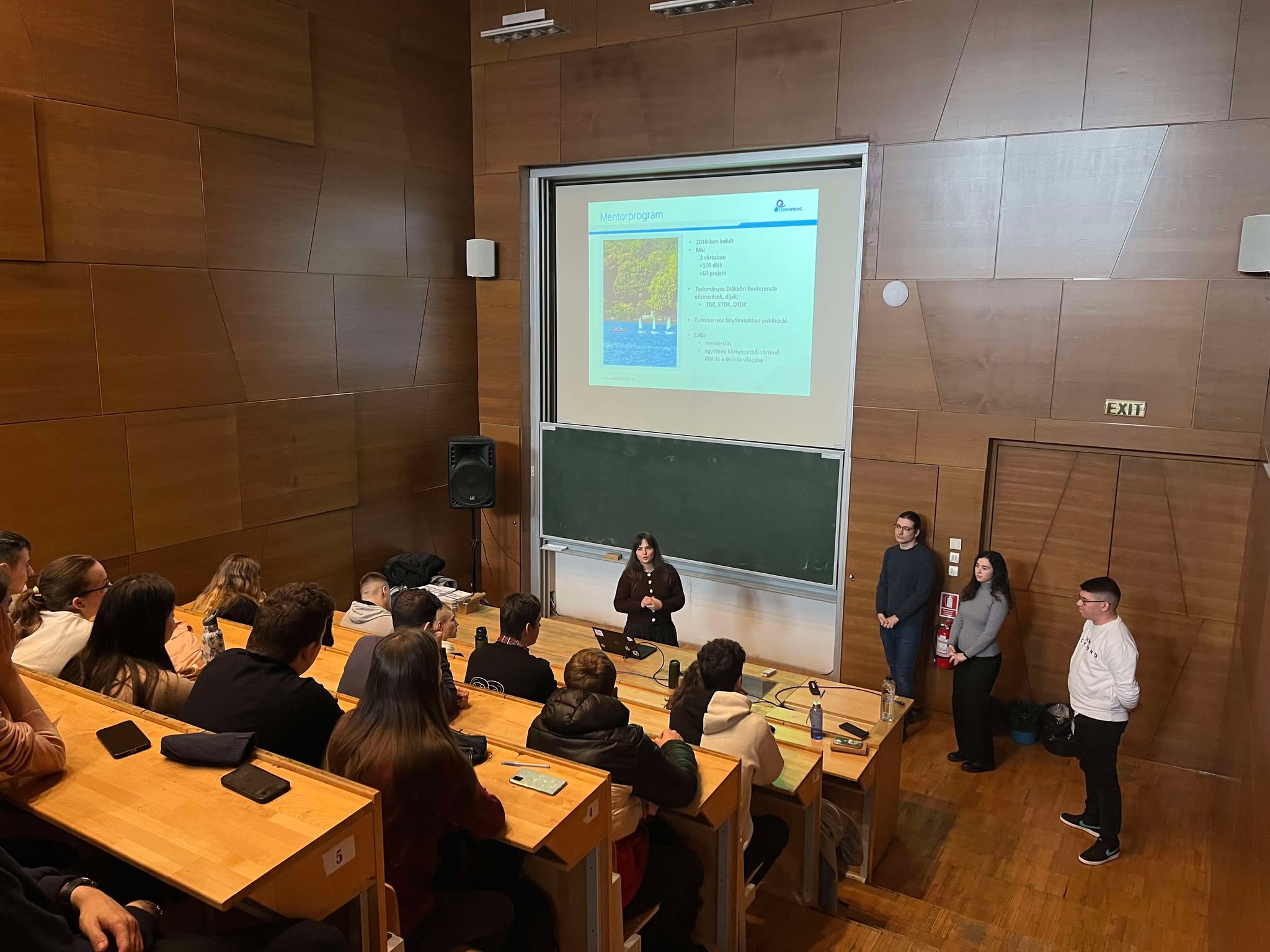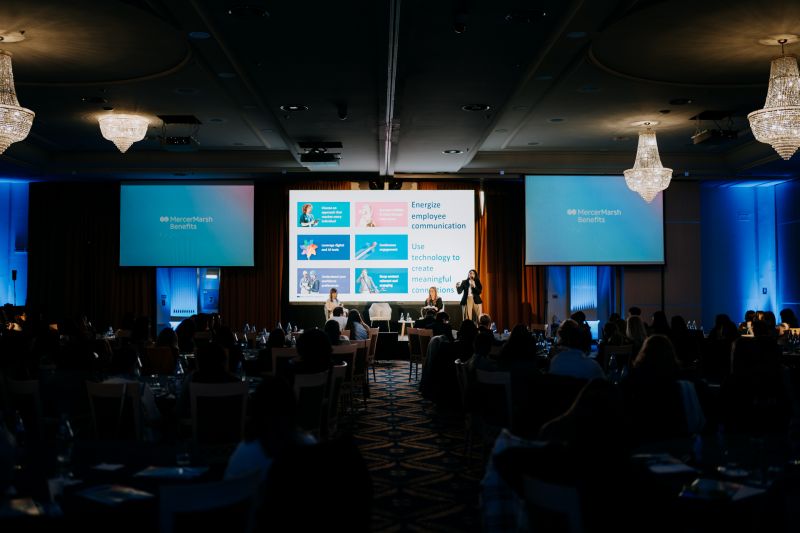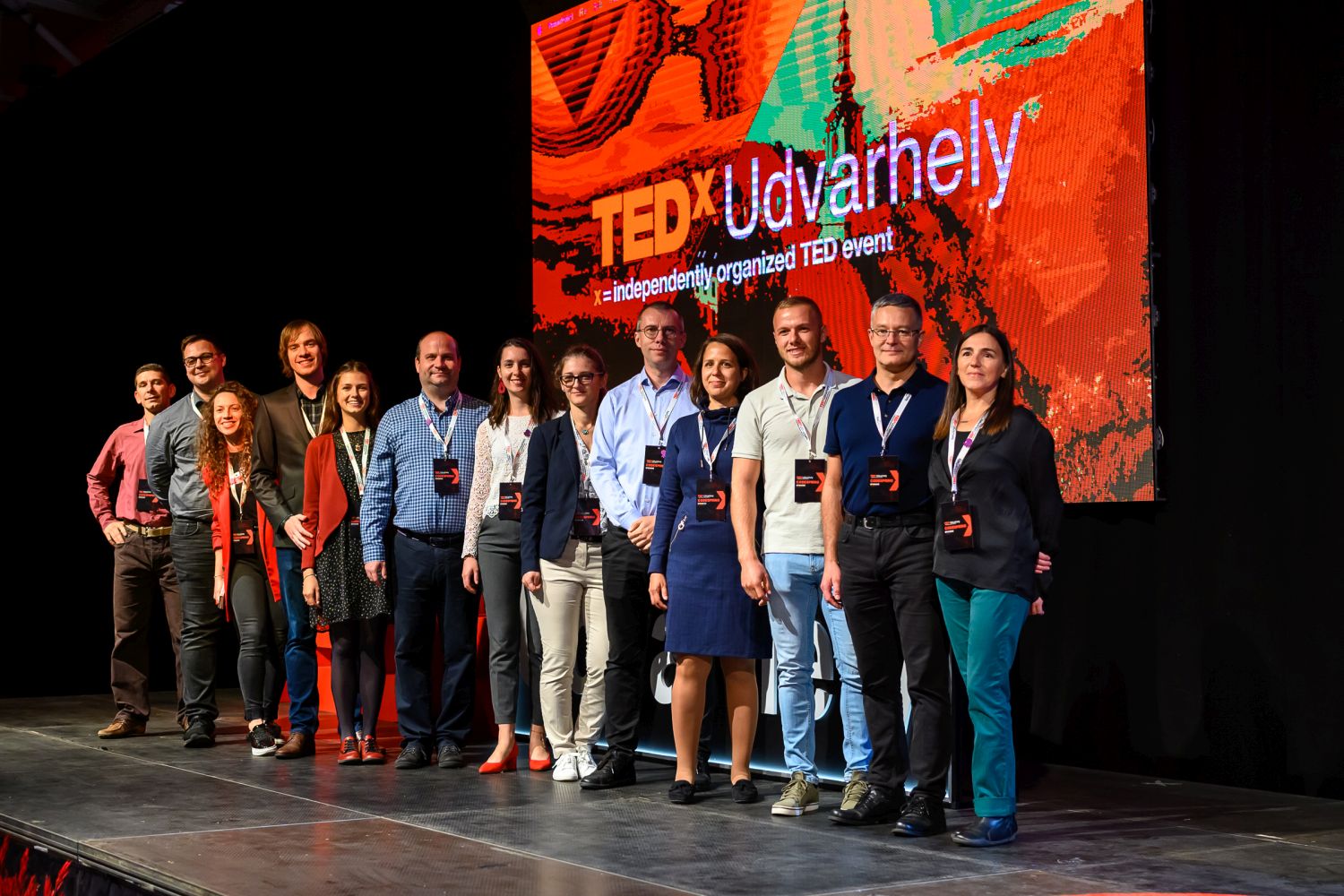“Estimated at one billion Euro in 2014, the software and IT services market in Romania continued to be one of the most dynamic industries, recognized mostly for its number of IT specialists, young and talented people with high quality and low rates in one place. In the context of continued globalization and diversification of industries, Romanian companies had to adapt to stay aligned with the global strategy, by combining different flavours of services, outsourcing and thus bringing in valuable alternatives” – describes Mrs. Alexandra Lopotaru in her article “ITO goes with the flow. Where are the players sailing?” published in The Diplomat magazine, march-april 2015.
The business services sector counts around 60,000 employees and it is estimated at 1.2 billion Euro, according to the leading organization of local industry ABSL (Association of Business Services Leaders), where ITO and BPO comprise half of the industry. In Romania, there are several important IT centres that are already visible on any investor’s map in terms of outsourcing and will continue to attract interest amongst them. Locations like Bucharest, Cluj, Iasi, Sibiu, Timisoara or Oradea constantly register new companies setting up offices and established companies that have growth rates exceeding 20-30 per cent.
Moreover, hundreds of people are being hired every year in the IT sector, with upcoming years appearing to be no exception. For instance, IT outsourcing company Stefanini Romania, with offices in Bucharest and Sibiu, plans to recruit 200 people by the end of 2015; IT services company 3Pillar Global Romania will hire more than 100 people this year in Cluj-Napoca and Timisoara; while Accesa Romania, with offices in Cluj-Napoca and Oradea, wants to hire 170 specialists by mid-2016.
However, this continuous expansion of IT companies creates a highly competitive market and several players are already witnessing the consequences: the pool of available candidates is reduced and IT specialists – including software specialists, business analysts and project managers – are harder to find nowadays than they used to. Moreover, industry players draw attention to other facts like the slow, but steady increase of the labour force; the slight but continuous reduction in the level of education; as well as retention of the skilled workforce, which all remain top challenges of 2015.
The Diplomat – Bucharest talked to major IT outsourcing players to analyse the way the Romanian IT market plans to develop further, to stress the newest IT trends in a market driven by the Digital Economy and to highlight their business perspectives for the coming years.
Stefanini Romania seeks 200 people this year
IT outsourcing company Stefanini Romania, local subsidiary of Brazilian company Stefanini, ended 2014 with more than 1,100 employees in Bucharest and Sibiu and plans to recruit another 200 people by the end of 2015, according to Andreea Stanescu, service delivery senior director at Stefanini.
“We are trying to increase local delivery capabilities through recruitment activities, as well as employee retention through engagement and development programs, both in the Managed Services and App Development divisions,” Stanescu tells The Diplomat – Bucharest. “In 2014, we also launched the Infrastructure Support division here in Romania, which implied the diversification of services offered by Romania, as well as the search for new candidate profiles. Our goal is to further increase the local team and become the one of the biggest Stefanini delivery centres worldwide.”
However, there will be some challenges in 2015, says Stefanini’s representative, such as increasing numbers of Romanians relocating abroad, reducing the pool of available candidates, as well as the slow but steady increase of the labour force and the slight but continuous reduction in the level of education. “The increase of labour costs continues, which is not a risk for the moment, but it can become so if the trend continues at a high pace,” says Stanescu. “The main challenge in my opinion remains the slight but continuous reduction in the level of education, which should be addressed with priority at the country level. Making the universities curricula more relevant to the business should be a priority.”
Stanescu confesses that 2014 was a year of consolidation and calibration through which the company could rethink the strategy in order to better serve the clients. Last year, Stefanini added eight new clients in the Romanian portfolio, while managing to also grow the business with some of the already-existing clients, from areas such as FMCG, business and financial consulting, travel, pharmaceutical, automotive, chemical, electronics, clothing and facilities management. For 2015, Stefanini expects to continue with a similar growth rate and expand the competence portfolio.
“Companies are searching for specific expertise which they lack, and this can be requested under different forms such as certifications, existing references, technology coverage and availability of resources,” says Stanescu. “Having access to an already-trained and skilled pool of resources for supplementing capacity or simply for seasonal developments are among the main interests that our clients show. As for the solutions we offer, [last year] clients were mainly interested in outsourcing of service desks and infrastructure, and on the development side we have seen an increased interest for mobile applications and Big Data.”
Speaking about current IT trends of the industry, Stefanini’s service delivery senior director points out three directions related to software solutions: Mobility, Agile Projects and Analytics & Big Data. In terms of Mobility, Stanescu says that companies show a higher interest and attraction for multiple communication channels. To keep the pace, a software service provider needs not only to implement the strategies but also to offer the full perspective – design, analysis and optimization. Regarding the second aspect, Agile Projects, the director adds: “With all these changes in the technology world, it is highly important to have a flexible IT environment that would enable you to stay aligned with today’s constantly evolving market. Agile development and fixed price projects are two concepts which do not automatically go hand in hand, and require careful adaptations of both the agile development processes and communication channels between the supplier and the customer in order to work successfully together.”
Last, but not least, Analytics & Big Data play an important role in today’s IT trends. The massive amount of information generated by the new technologies creates the need for a more structured approach. Companies need to have a 360 degree approach to be able to fully support their clients with innovation and enhancements in their products and solutions, says Stanescu. “Stefanini’s specialists are helping companies all over the world today to optimize their ability to leverage Big Data and turn it into actionable insight,” she concludes. Stefanini Romania posted around 17.6 million Euro in 2013 and the company expects a 20 per cent increase in turnover for 2014. Present in 34 countries worldwide, Stefanini offers offshore, onshore and nearshore IT services, including application development and BPO services.
Accesa wants to double its headcount by mid-next year
Another IT company that sees a rapid business development is consulting and software development provider Accesa Romania, present in Cluj-Napoca and Oradea. Founded in 2004, the company posted last year 3.5 million Euro turnover and counts 180 employees in both its offices. By the end of next year, Accesa wants to see a 40 to 60 per cent increase in terms of revenues and to double its headcount by mid-2016, according to Iulian Iuga, the CEO of the company. “We plan to have five to 5.5 million Euro turnover by the end of 2016 and to count 350 people by mid-2016,” Iuga tells The Diplomat – Bucharest. “Our most important strategy is about developing our most important asset: our people. Until now, Accesa’s growth, evolution and reputation has been based solely on our employees’ dedication to deliver value through their software solutions.”
The most important projects developed by the company include E-Commerce, Digital Workplace, Enterprise Applications. The main services offered to clients are the modernization of applications, systems integration, development of new solutions (Cloud, Mobile, Desktop) and Business Intelligence. According to the CEO, the most successful services last year were Cloud Solutions, E-Commerce and SharePoint Solutions. Although he thinks these solutions will still occupy an important sector in Accesa′s portfolio of solutions, the company plans to extend its solution expertise within the SAP area, especially due to having acquired new clients in the retail and manufacturing industry.
“Since last year, we can provide full Managed Services expertise, including change management, second- and third-level support, build and release management as well as configuration management,” says Iuga. “Another highlight of the last year was the fact that we obtained Government funding for a sustainable business growth, which is one of the reasons why – in 2015 – we expect an even more accelerated growth. In spite of the dynamic economical, social and even political context, we expect a growth in our portfolio of clients, as they need – more than ever – solid partnerships in order to face changes,” he says.
Speaking about the newest trends in terms of IT services, Iuga points out that the entire business landscape is blueprinted by the Digital Economy. Accesa witnessed an increasingly-growing project portfolio and a mass of functional know-how in creating solutions for three main functional areas: Digital Workplace, E-Commerce and E-Learning. The solutions Accesa created so far serve more than 100 million online users worldwide. Industry 4.0, on the other side, is another trend that describes the industry’s adaptation to technological change, not only in the way manufacturers create their products, but also in the way they conceptualize and manage them referring to the demands of the Digital Economy.
“Industry 4.0 also supposes a synchronisation between the manufacturing process and its management in harmony with the entire ecosystem that leads to its creation or transformation: from R&D to delivery and the entire sales process,” says Iuga. “We made our own shift to Industry 4.0 by modernizing software for scientific and medical instruments. Our biggest challenge was not only to adapt to the industry’s demanding requirements for precision, quality and reliability, but also to deliver innovative solutions ahead of our competitors, thus increasing the value of the business and the products,” he concludes.
Besides Cluj-Napoca and Oradea, Accesa has also offices in Munich and Zurich. As a Group, Accesa plans to have between seven and 7.5 million Euro in revenues this year, representing a 40-50 per cent growth compared to last year, when it recorded slightly more than five million Euro.
Luxoft’s Pelinescu sees Romania as a hub for expansion in the region
A stable political and economic environment is one of the main factors that put a country on a foreign investor’s radar, according to Bogdan Pelinescu, managing director at Luxoft Romania, one of the main IT outsourcing suppliers of local software services. Moreover, he says, EU membership, a convenient time zone and a cultural proximity to Europe could be added to the list of advantages.
“Romania is considered a hub for expansion in the region for its economically and geographically strategic position,” Pelinescu tells The Diplomat – Bucharest. “Furthermore, modernized IT&C infrastructure, proficient and highly qualified human resources, as well as advantageous labour costs also attract significant FDI in the country. (…) Identifying and retaining skilled workforce, successfully bringing more business, and diversifying the offering are key factors that can give a company its competitive edges.”
Luxoft started its business in Romania in July 2008 by acquiring ITC Networks, one of the largest and the oldest software and telecommunications companies of the local market. After seven years in Romania, the company grew to 1,200 employees and posted 32 million Euro in revenues last year. According to Pelinescu, financial and automotive projects registered the most significant increase last year and the trend seems set to continue in 2015 as well.
“We have had a very good year in 2014,” says Pelinescu. “We successfully registered a healthy and sustainable development of our company. The financial and automotive projects had the most significant evolution, an upward trend which we expect to continue this year. We also closed a record amount of M&A deals improving Luxoft’s competitive advantage and breadth of offering, as well as its marque client list.”
Globally, Luxoft develops solutions and delivers services from 18 delivery centres worldwide. It has over 8,600 employees across 22 offices in 14 countries in North America, Western and Eastern Europe, and Asia Pacific. In mid-February, Luxoft acquired Excelian Limited, a UK-based systems integrator and technology consulting company specializing in trading risk management software for the financial services and commodities markets. Excelian’s expertise includes implementation of financial software platforms from industry leading providers such as Murex, OpenLink and Calypso.
“Globally, we are planning to consolidate our position as a leading provider of software development services,” says Pelinescu. “In 2015, we will focus on further attracting quality business and clients as we have up to now. We will continue to grow by leveraging domain expertise, engineering excellence, and exemplary people talent.”
XAPT Solutions expects to see 20 per cent business growth in 2015
XAPT Solutions, Microsoft′s main partner in providing consultancy, implementation and development of Microsoft Dynamics ERP and CRM solutions, posted last year a 2.3 million Euro turnover, a 22 per cent growth compared with 2013 and plans to increase its revenues by 20 per cent this year as well, according to Mihai Madussi, the managing director of the company.
“Given the political instability Romania witnessed two years ago, 2013 was the worst year within the financial crises for us, even more than 2012,” Madussi tells The Diplomat – Bucharest. “However, we managed to recover and 2014 registered the highest turnover of the company since its establishment in 1997. Until then, the record was held by 2008 with 1.9 million Euro.”
The company’s recovery is mainly due to the fact the ERP (Enterprise Resource Planning) market is slowly registering positive results, where more and more local companies owned by domestic entrepreneurs show an increased interest for such solutions. Moreover, a great incentive for IT companies was also represented by the unblocking of the ERP European funds.
“Although XAPT Solutions has around 70 per cent international clients, mostly from West Europe and the United States, local companies have started to increase their share in our portfolio,” says Madussi. “The unblocking of European funds for ERP was also an important factor. There were files frozen for three or four years, so the release was like a breath of fresh air for the industry. Out of the 30 new clients we attracted last year, three came through European funds.”
XAPT Solutions started 2015 on the right foot as well. If in early 2014 the company signed one implementation contract, in February this year it had already six. Headcount-wise, the company counts 45 people and plans to add another six by the end of 2015. However, according to Madussi, Romania faces several challenges in terms of IT specialists recruitment, which become more difficult to surmount every year. “From what we have noticed, students that are about to graduate IT specializations do not know the realities of the industry,” says the managing director. “From 30 students, we can select only one or two. Faculties should adapt their curriculum to today’s need and not emphasize on programming languages used 20 years ago. We invest in their training more than we should.”
For the future, the managing director plans to expand XAPT’s business in Cluj-Napoca, by opening a regional office, and to increase the share of ITO services within the company portfolio by ten per cent year-on-year. “Half of XATP’s revenues come from consultancy operations, while the other half come from licenses,” says Madussi. “Currently, ITO represents only ten per cent of our business, but in the next four to five years I expect 25 per cent of the services turnover to come from outsourcing.” As a group, XAPT is a member of the Austrian New Frontier Group, being present in six countries (Australia, Bulgaria, Canada, Hungary, Romania and USA), with associated partners in Czech Republic and Slovakia. XAPT entered the Romanian market last year by acquiring LLP Dynamics Romania, founded in 1997.
Romania’s challenge is to focus on innovation and productivity to stay competitive
IT services company Endava counts more than 1,200 people in its three delivery centres in Bucharest, Cluj and Iasi and posted over 37 million Euro revenues in 2014 for its operations in Romania, a 46 per cent increase year on year. According to Valentin Metzger, delivery director of Endava in Cluj-Napoca, the Romanian market becomes more and more competitive, so Romania needs to continue to adapt and to focus on innovation, productivity and added value if it is to be competitive globally and remain an attractive destination.
“As an EU member state with a highly educated workforce where clients can find a very good balance between quality and costs, Romania is very well positioned, especially as a nearshore location,” Metzger tells The Diplomat – Bucharest. “We have seen a growth in business services and we believe this trend will continue. However, from the investors’ perspective, this leads to increased competition in the labour market. At the same time, service providers strive to create higher added value in Romania mainly by taking more local ownership in the delivery of services. As a result, there is a higher influence in decision-making and strategy, which allows for higher productivity and added value to the client.”
The majority of Endava’s clients are based in the UK, USA and Germany. Over 53 per cent of the group’s revenues come from customers in the financial services sector – specifically in the payments and banking segments. The remaining revenues are generated from the clients in insurance, media, publishing, retail or telecommunication sectors. Moreover, Digital Services business, which covers web, mobile and social networking solutions, accounts for 54 per cent of Endava’s revenues and continues to grow strongly, according to the delivery director.
“As an early adopter and expert in emerging technologies, we work well with customers who choose to – or have to – change their technology strategy rapidly to meet marketplace changes,” says Metzger. “We are increasing our focus on big multinational customers, who have the capability to significantly expand their activities with Endava. A significant percentage of our revenues come from customers with whom we have worked for each of the last three years. This depth of relationship allows us to better understand our customers’ technology challenges and to develop solutions that build scale.”
At group level, Endava is currently based in 11 locations across the UK, USA, Germany, Romania, Moldova and Macedonia, with an annual turnover of 90 million Euros in 2013-2014. During 2014, the company increased its focus on the German speaking markets and opened a new office in Frankfurt following a merger with an IT and business consultancy group based in Germany and the UK. The US remained also a key location to build growth and in 2014 Endava established an office in Atlanta. More recently, Endava has opened a new office in Skopje, Macedonia, aiming to strengthen its capability to support global clients from delivery centres in Eastern Europe. “For the coming year, we have an ambition to continue our growth at a rate of at least 30 per cent per year,” concludes Metzger..
Codespring sees double-digit growth
A domestic software development and outsourcing company from Cluj-Napoca, Codespring saw a 15 per cent increase in terms of employees last year, now counting 60 people, while its revenues rose by 17 per cent, reaching 1.5 million Euro at the end of 2014. For 2015, the company aims at growing in business terms and capitalizing on its technical knowledge, according to Levente Szelyes, the founder and CEO of the company.
“Codespring will continue to grow on the international market, as 90 per cent of our services are exported,” Szelyes tells The Diplomat – Bucharest. “We will keep acting in North America and Europe, mainly its DACH region [German-speaking Europe] and Scandinavia. Our goal is to implement a viable, long-term growth by establishing strategic partnerships with our customers.”
Codespring’s service range includes the development of desktop, mobile and web applications, including their integration. According to the CEO, 2014 was a year of revival and growth for the IT sector, which, compared to previous years, is facing a new stream of small projects and start-ups. They mainly target developments on mobile technologies and cover a wide range of solutions from wearables to connected cars, connected homes or diverse LBS (Location based services).
“The notable tendency of the last two years was the prevalence of mobile development projects, both native and cross platform,” says Szelyes. “The development of the IoT [Internet of Things] and the Future Internet triggers established and new solution providers to rethink their systems while integrating mobility and connectedness. We can work as an outsourced partner or a turnkey software solution provider and, in this respect, our service range evolves at the pace of the technologies that we must work with,” he adds.
Asked what main aspects foreign investors seek in an IT market, Szelyes says that investors look for overall stability in the host country, as well capabilities such as educated human resources availability, technical skills and language skills. “In a stable socio-politico-economic system, the inflow of foreign investment may reap its benefits,” says Codespring’s CEO. “Next, foreign investors in the IT services sector seek strong domestic capabilities as they will be the foundation for the desired competitiveness. Romania is already on the foreign investors’ map and we will witness interesting moves in the upcoming years,” he concludes.lt task is to make sure that we understood correctly what the customer expects. The risk of misunderstandings, expectation gap and misconceptions within international projects is high until we align our communication channels. We have to adjust the teams and the key positions in order to maintain an open and positive communication. I know it is a rock bottom phase and that is why it is fundamental for the further evolution of any cooperation.










